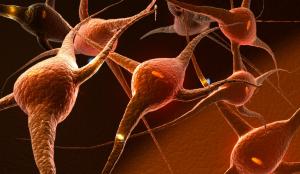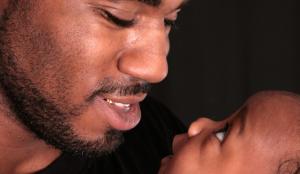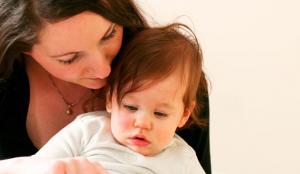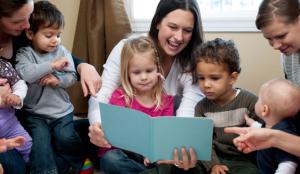Why 0-3?
The environment of a child’s earliest years can have effects that last a lifetime.
From the ages of 0 to 3, a baby’s brain grows to 80% of its adult size and is twice as active as adults. In combating the issues facing Memphis youth today, it’s hard to imagine that this stage of life is even worth mentioning; but decades of research have shown just how important children’s earliest experiences are for their long-term well-being.
As Nobel Prize winner James Heckman has said: "Early experiences can translate into school readiness, academic success, and lifetime well-being. Success builds upon success. When more children in a community are ready to learn, community-wide levels of human and social capital rise."
Learn how to better understand the early development patterns that can vastly improve the health and well-being of the children in our community by checking out the information below.




